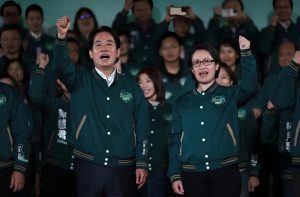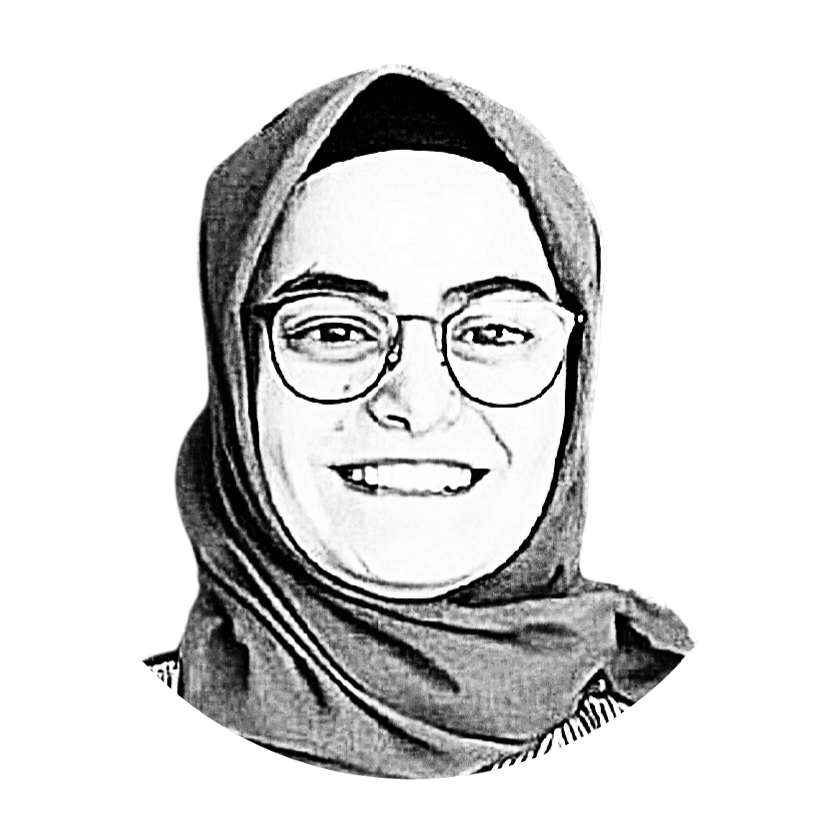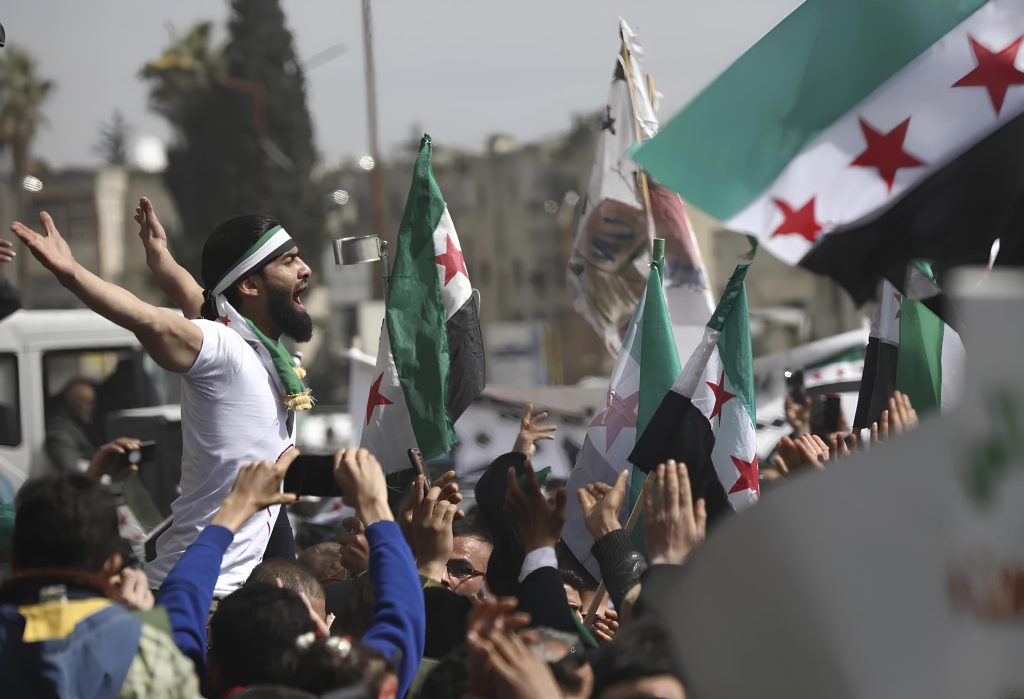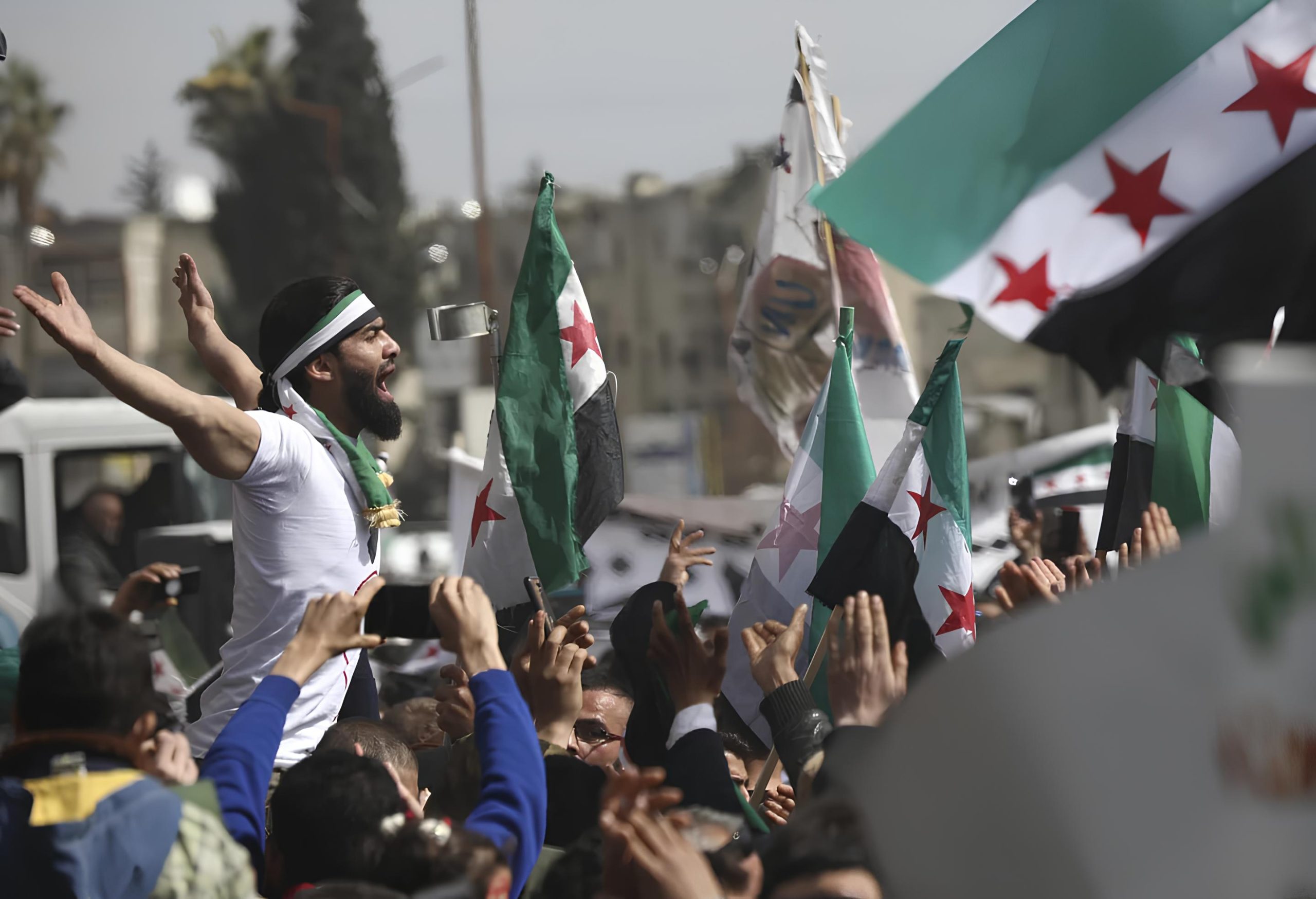








In Suwayda, Syria, massive peaceful protests demand Assad’s ouster, echoing a new wave of calls for dignity, freedom, and political change across the region.


Welcome back to Middle East Brief, where we take a look at the powerful resurgence of peaceful protests in Suwayda, Syria’s southeasternmost city, and their significant implications. Since August 2023, thousands of demonstrators, primarily from the civilian and moderate Druze majority, have filled the streets chanting anti-Bashar al-Assad slogans. Their demands for Assad’s ouster, the release of prisoners, and an end to Baath party corruption have sparked a “new wave” of protests, extending to other regions including Daraa.
Syria’s southeasternmost city of Suwayda, home to Syria’s civilian and moderate Druze majority, has been the scene of massive demonstrations since August 2023. Largely neutral throughout the civil war, it has been echoing for months with thousands of peaceful protesters chanting anti-Bashar al-Assad slogans. People are demanding Assad’s ouster, the release of prisoners and looting the offices of the Baath party. Later, Sunnis and Bedouin tribes in Daraa, south of Damascus and west of Suweyda, joined the protests. The mobilization comes at a time of normalization with Assad and the return of the Syrian regime to its seat in the Arab League.
Revolutionary Syrians call the events in Suwayda a “new wave” demanding freedom and dignity. These peaceful demonstrations are taking place in many squares in a “festive” atmosphere. In particular, the spread of the protests to other regions is fueling the hope in some quarters that a new awakening is taking place on the 13th anniversary of the revolution. In line with the demonstrations, people are calling for the long-awaited political change in line with UN Resolution 2254/2015. The Druze are secular in their lives and their religious leaders live a life free from politics and sectarianism. They have peacefully participated in the Syrian revolution since 2011 and refused to support the bloodshed during the war, withdrawing most of their sons from conscription in 2013 and maintaining their neutrality throughout the war.
The resurgence of these protests has been triggered in particular by a collapsing economy, food shortages, rising oil prices and living conditions that are far from improving. In addition, drugs, the prolonged involvement of external actors in the civil war and the deepening political stalemate, undermining the viability of UN Resolution 2254, also played a role in the protests. This UN resolution called for a political transition under the leadership of a national government and the election of a constituent assembly with representatives from all parts of Syria. This assembly was supposed to oversee the drafting of a new constitution and the planned democratic elections, but 8 years of de facto deadlock have exacerbated the political crisis.
In the 7-month-long protests, the first fatality occurred at the end of February. Local sources reported that a 52-year-old citizen named Jawad al-Barouki was shot in the chest when regime forces fired in the air to disperse the crowd. Although local religious leaders called for “peaceful protests”, on the night of the killing, February 28, unidentified assailants targeted several points belonging to the regime’s security forces with rocket-propelled grenades and weapons. One of these points was the 44th Regiment of the regime army between Suwayda and Qanawat town. Around Suwayda, gunfire was also heard at several locations in the area, including the Baath Party branch.
When Lubna Albassit, one of the protesters in Suwayda, was asked if people are now – after the killing of Barouki – even more afraid to protest, she said, “In Suwayda we are aware that bullets are the regime’s preferred method. We know that it is waiting for our movement to die out. But as the demonstrations continued, it began to intimidate and frighten us.” “But this will not work. These bullets will not scare us. We already knew that at some stage we would have to face their bullets just for protesting peacefully.”
One wonders why the regime has not responded harshly to these protests. The fact that the Druze have risen up in this way undermines the regime’s claim to be the “defender of minorities in Syria”. Perhaps the reason for the regime’s lack of harsh intervention may be that it is still trying to maintain this claim or that it does not want to destroy the perception of a “safe Syria” created through many channels and actors, especially Youtube.
Written By: GABRIEL RAMIREZ
Written By: DILARA SAHIN
Written By: DILRUBA YILMAZ
Written By: NILAY CELIK
Written By: ELDANIZ GUSSEINOV
Written By: JOSEF SCHOEFL
Written By: SELCAN BEDIRHANOGLU
Written By: FATIH CEYLAN
FA’s flagship evening newsletter guilding you through the most important world streis ofthe day. Delivered weekdays.
